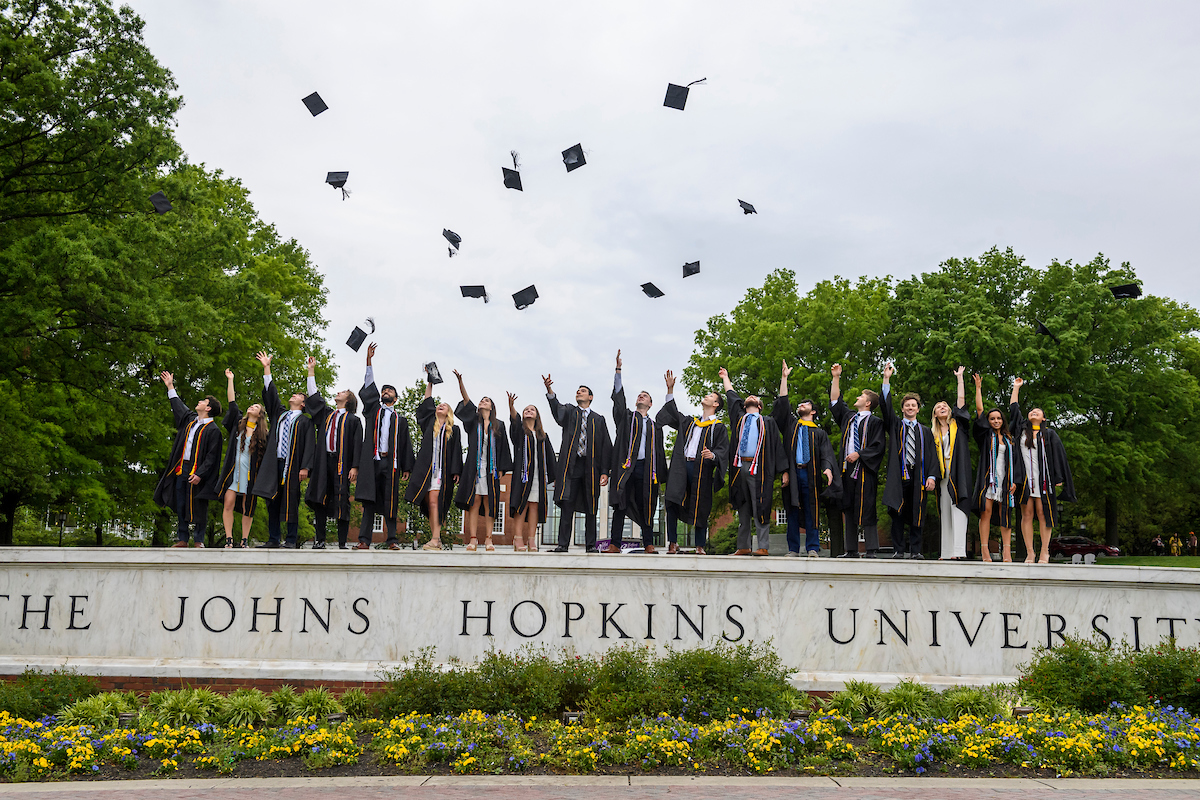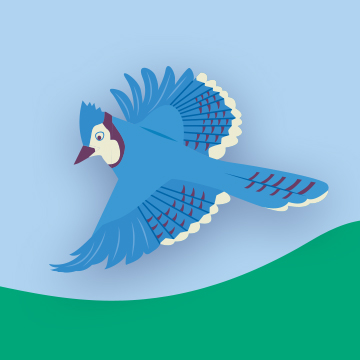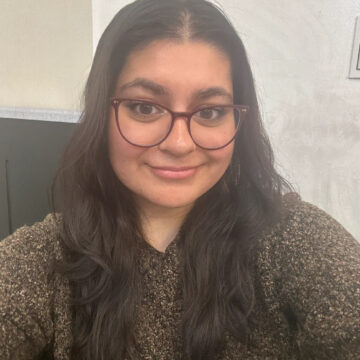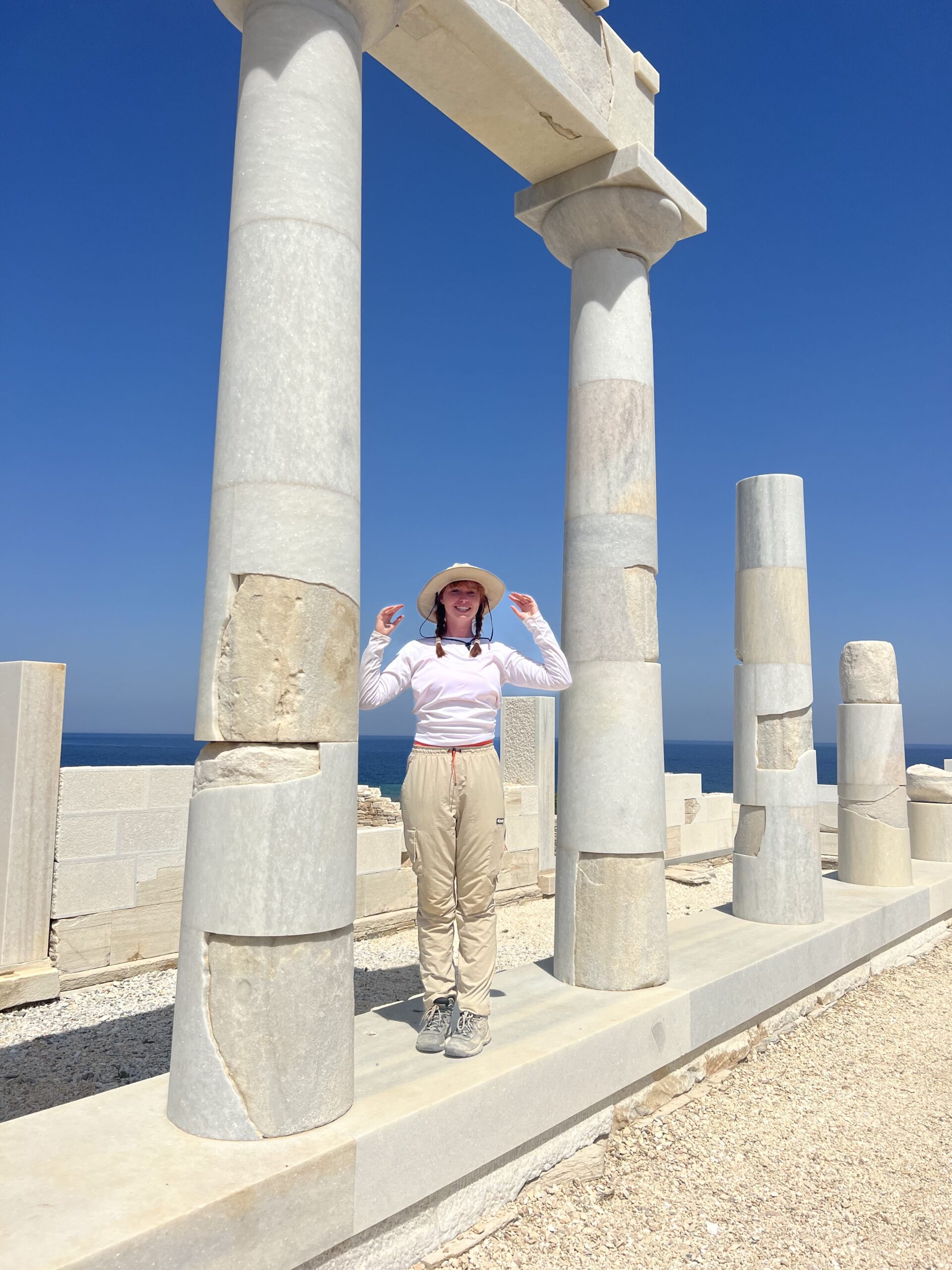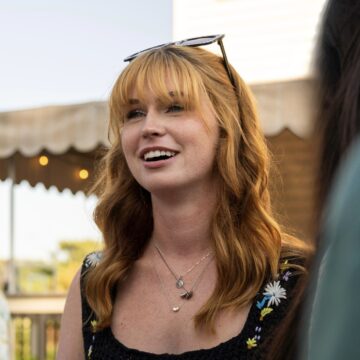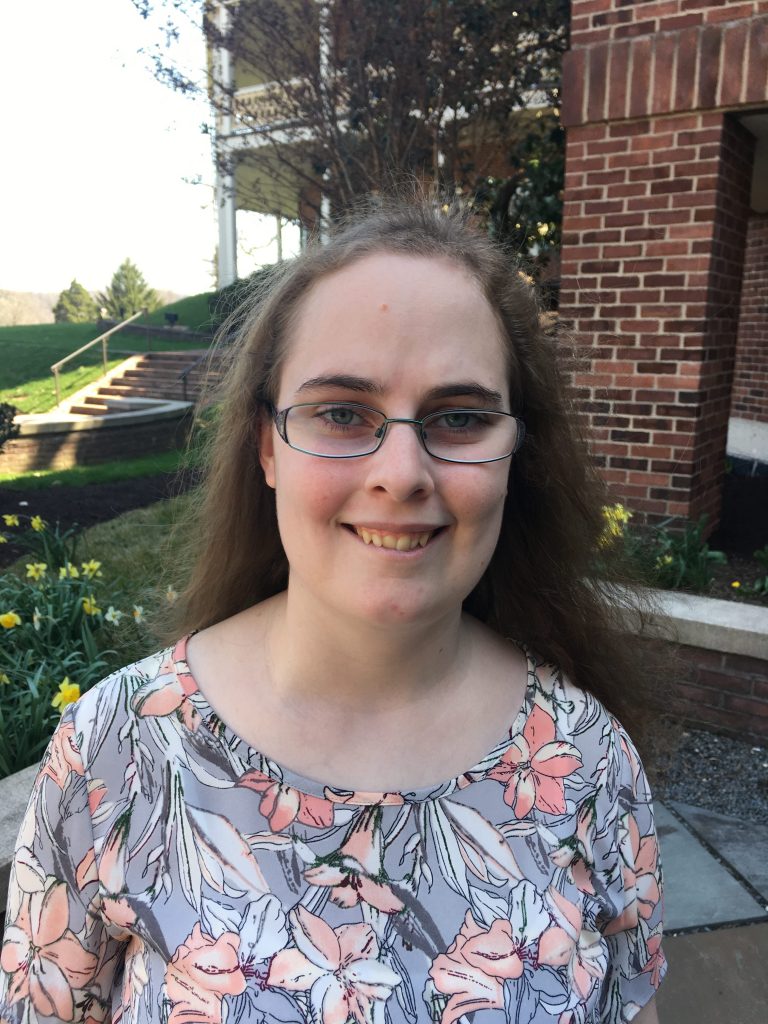
When people think about research, the first thing that usually comes to mind is a scientific study with lots of data and graphs. I have to admit, that’s how I used to think about research too. On the rare occasions when I thought about what a research project focused on the humanities would look like, I imagined that it would focus on ancient artifacts or maybe, just maybe, the original manuscript of a classic literary work. Even then, I thought the research would still be at least somewhat dry.
Needless to say, research doesn’t have to focus on the sciences, and it certainly doesn’t have to be as dry and bland as a piece of hardtack. While a collection of recently written creative writing isn’t what most people think of when it comes to research projects, that doesn’t make it any less valuable than more traditional research projects. Creative writing may be fictional, but that doesn’t mean it can’t teach us something meaningful and true.
With funding from the Provost’s Undergraduate Research Award (PURA), I compiled a disability themed short story anthology titled (Dis)Ability: A Short Story Anthology. The anthology consists of 20 short stories that were written by people with disabilities. All of the short stories feature a main character that has one or more disabilities.
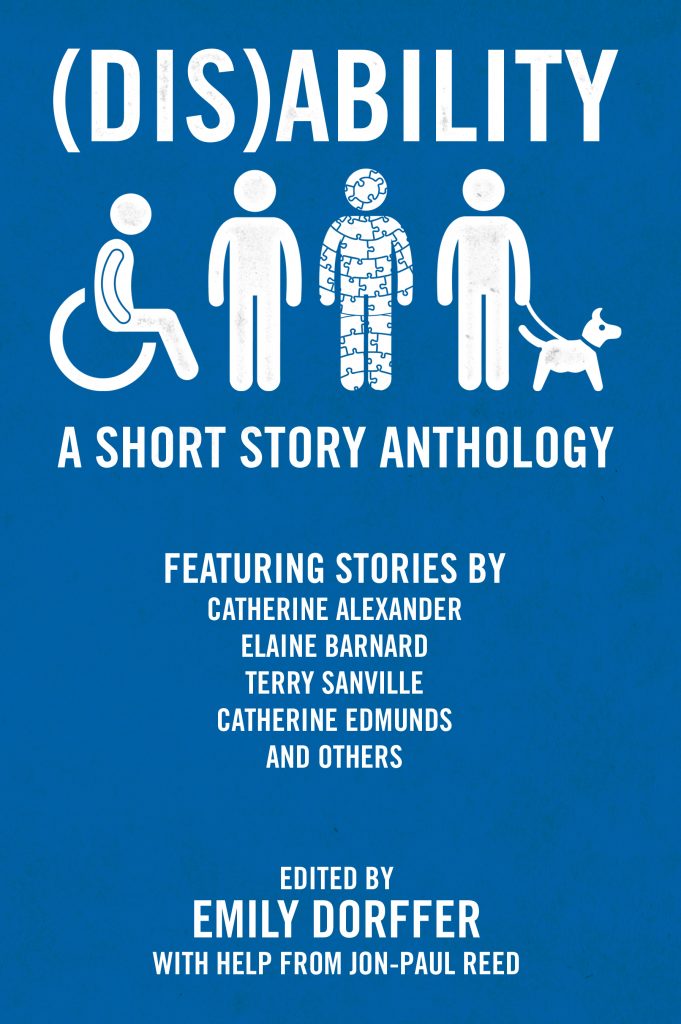
Fiction allows us to learn more about not just the way things are, but also the way we want them to be. The authors who contributed to (Dis)Ability: A Short Story Anthology are determined to show the rest of the literary community how the disabled community wants to be represented in fiction. By writing about disabled main characters, these disabled authors are leading by example so that nondisabled authors can understand how to accurately and tactfully write about disabled characters.
Above all else, disabled people define themselves by their abilities, not just their disabilities. That is the single most important thing I want people to take away from this anthology.
(Dis)Ability: A Short Story Anthology can be downloaded for free at the following link: https://www.smashwords.com/books/view/801344
Emily Dorffer is graduating with the Class of 2018 with degrees in Writing Seminars and English. She is from Charlottesville, VA. On campus, Emily is the Head Editor of Word Planet, an Executive Board Member of J. Magazine, and a member of Advocates for Disability Awareness. She describes JHU as “A university that offers endless opportunities for students to learn and grow.”
Emily hopes that this anthology will not only educate the non-disabled, but will encourage disabled people like herself to find their voices and advocate for themselves.
